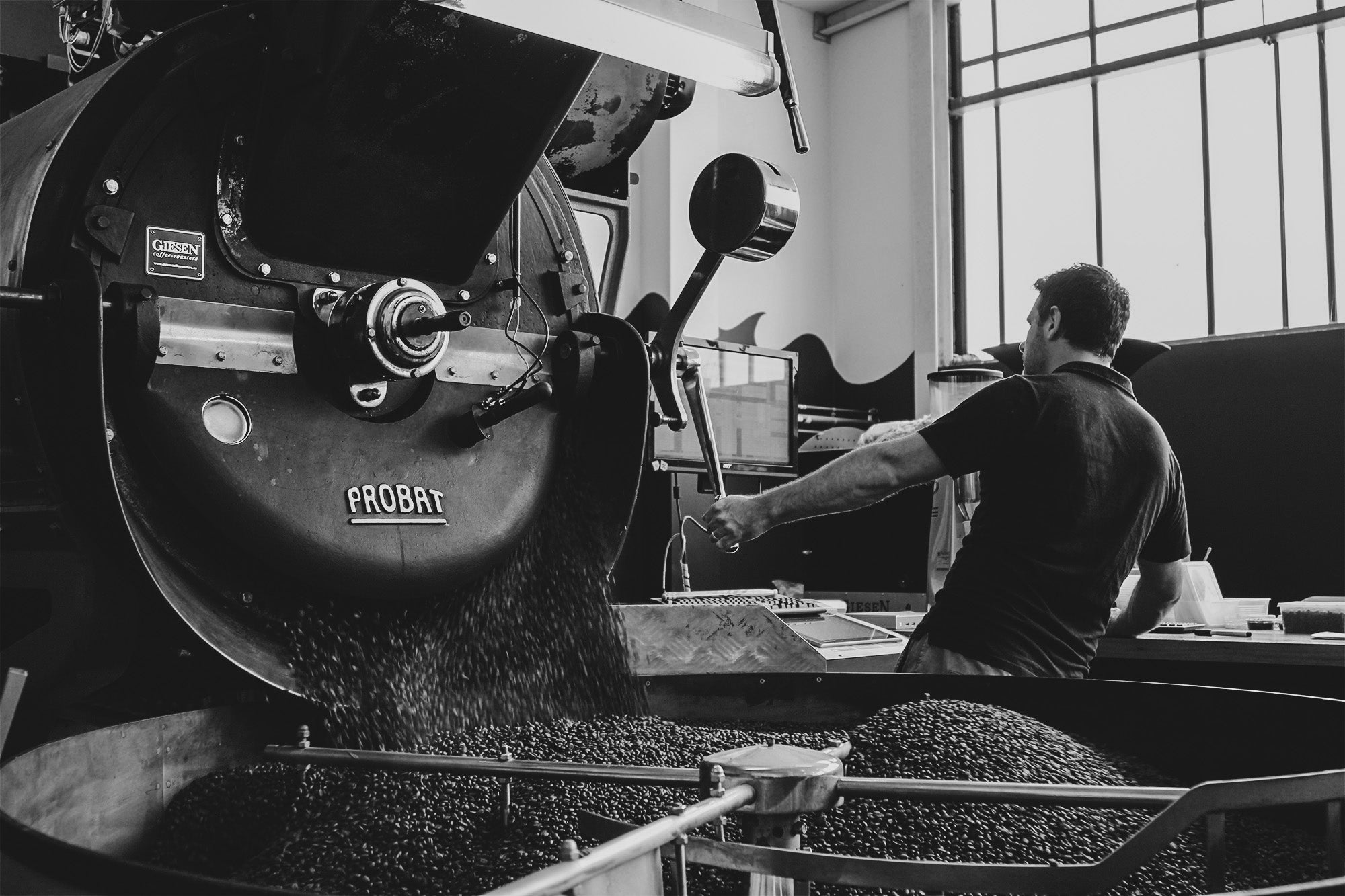I was sitting at home last night, it was 7:30 and all the family had gone to bed. For some reason, I was suddenly aware that I felt inspired to write something about coffee roasting. I know, weird. It was enlightening, even inspiring, to work out how I felt about my work. Anyway, attached is what spilled forth!
Michael Ondaatje, acclaimed author of ‘The English Patient’, once wrote a poem entitled ‘The Cinnamon Peeler’.
In it, the protagonist imagines how an unrequited love might come to accept his lowly status. In Sri Lanka, the setting for this poem, he knows that his vocation renders him one of the ‘untouchables’, for his hands forever bear the scent of his handiwork, ever betraying him to the world. He wonders if by burying his hands in saffron, or by helping the honey gatherers, he might trick her ‘keen-nosed mother’ and her ‘rough brothers’. He imagines only being able to touch her underwater, to disguise their secret trysts.
In the end, however, he imagines it is for his very scent that she shall choose him. Because, unlike others such as the Lime Burner, or the Grass Cutter, his is a vocation which leaves intense aromas upon his hands, scents which, in turn, shall be left indelibly upon her. He envisions that for her, to be touched without scent is ‘as if wounded without the pleasure of scar’. For she will be proud to be his—she will walk among strangers and be known as the Cinnamon Peeler’s wife. Her final words, in his recounting of the tale, implore the reader, ‘Smell me’.
I remind my fiancée of this poem whenever I return home at the end of my working day, and she immediately notes that I bring with me the pungent scent of coffee.
‘Oh, how lucky can one woman be?’ I cry and remind her just how warmly I’d be welcomed in certain cultures (and postcodes). Although I’m yet to see coffee roasting described in such evocative, erotic terms as Ondaatje does here (and I’m certain his next masterpiece will be entitled ‘Damo—The Coffee Roaster’), I believe that there is genuine romance in my craft. And I, like the Cinnamon Peeler, hold that coffee roasting represents a relationship between the worker and produce which indelibly affects those it touches. For coffee too is ‘of the senses.’ Our role is to give every origin its best chance to reach out to an unrequited lover and win them over through an alluring cacophony of taste, texture, form and scent.
Yet to achieve this, a coffee roaster cannot simply rely on organic sensibilities and lightness of touch in the way a cinnamon peeler might. Ours is a profession that requires an amalgam of craft and science; it is both art and alchemy. To use a banal cliché that we roasters employ incessantly, ‘roasting coffee is indeed as much about the intellect, as it is about the senses’.

Our roasting philosophy here at Five Senses is simple. Each origin we roast is to be the epitome of all that origin can be—we aim to capture its idiosyncrasies of flavour, to knead its individual textures and notes in such a way that they are reflected positively in the cup and to help smooth over any inconsistencies of character. It is to be, as Anne Frank once described herself, ‘a little bundle of contradictions.’ Our goal is to imprint our roasting ethos upon the bean by knowing it intimately, yet leaving nary the slightest fingerprint upon it.
Unfortunately, there seems to be a growing perception that a company of our size is anathema to this kind of intimate relationship. Some seem to believe that, in this capitalist, market-driven society, once a company reaches a certain critical mass, its focus on the ‘natural’ craft is overtaken by the unnatural, profit-driven, clinical forms of mass production.
In some respects, I’ll happily concede this is true. To ensure that our coffee can be enjoyed by as many people as possible, we need to ensure we have the correct infrastructure in place, which means costly investment in equipment and inefficient systems of production. Here in Victoria, we roast many kilograms daily on our 90kg Giesen roaster and give enough coffee to our Despatch people to have them calling us names not heard since the First Crusade.
However, the key word I wish to emphasise in the above sentence is investment. I would strongly contend that it is precisely due to our size—or, as I would turn the phrase, our ability to invest—that there are myriad benefits, even if they are seldom recognised publically.
For example, many people ensconced in the coffee industry champion the unique virtues of micro-lots. This can mean four sacks of hand-picked beans, grown on a small patch of land that has been in the farmer’s family since time immemorial. They are presented as a personal gift from a time-weary, yet proud artisan, arriving from the remotest corner of this earth as a gift that is lovingly extended to a coffee-loving world. An amazing triumph of traceability and exploration, echoing the romance of trade from the time of the Silk Road and the Appian Way. These micro-lots run counter to the mass-produced icons of capitalism and thus the global market economy, and are therefore noble, righteous and pristine.
And yet, while all those points remain valid and are true for some genuinely beautiful micro-lot coffees, I would argue that such things are the exception rather than the rule. I am no grower, but I have been regaled with the tales and experiences of our Green Bean sourcing team, who traverse the world searching for the best quality coffee they can find, travelling from the black mountains of Brazil to the dense forests of Sumatra and the iron-rich soils of Ethiopia.
Their travels reveal that many micro-lots are the result of circumstance as much as they are of choice. A farmer’s small patch of land only produces a proportionately small yield. And his or her ability to invest the requisite time and effort in quality is often determined by the price they receive. If the yield remains forever small, then the dots join up to create a certain picture. Then they cannot invest in best-practice drying beds. They cannot afford to pick only those beans that are ripe for picking, so they begin to focus on quantity instead of quality. They cannot afford to invest in growing better trees and developing the nuanced characteristics of their beans because they are rightly more concerned with the pressures of daily living.

This is certainly not representative of every farm producing micro-lots. But it is a very sad issue that confronts many farmers throughout the coffee-growing world. The romance of the micro-lot, the love of a grower for his hand-raised product, is often replaced by cold economic reality.
But this is where our ability to invest becomes so important.
We work directly with many of our farmers and have spent years developing relationships, sharing knowledge and helping build mutual respect, trust and even buildings. We often pay above the normal rate for the coffee produced so that the extra funds can be re-invested to help produce not only better quality coffee but also better communities. It is a very human investment, in people as much as it is in coffee. And it is one of which we are very proud, and which sets us apart from many of our friends and competitors. Many of our previous blogs discuss this much more eloquently than I can, so I urge you to read through them to get a sense of what we are trying to achieve. For us, coffee is as much about experiencing flavours that dance upon your palate, as it is about impacting people positively.
It is with this sentiment in mind that you must consider Five Senses’ place in the coffee world. Our ability to invest in our product, people and philosophy shouldn’t be tarnished by visions of a coffee-scented Halliburton or Monsanto. Our love of coffee is consummate, but this love, like all true loves, encompasses both the good and not-so-good, aspects of our chosen microcosm. We see the inequity in our industry, and our Green Bean team are witness to the human toll the global market takes upon growers who remain predominantly from the developing world. The beans that arrive on our doorstep are thus indeed a gift from those far away, the result of years of hard labour and sacrifice, of love and of craft. But this gift also comes with an unwritten legacy and a specific bequest:
‘Do me, and my grower, justice’.
And, crucially, our ability to comply with this unspoken demand is precisely where our ability to invest has profound implications. It is felt acutely in my own particular sphere of interest, and takes us back to where we started this blog: our roasting philosophy.
In much the same way that farmers can be hindered by their lack of resources, our capacity to roast in harmony with our origins is contingent upon our ability to devote time and resources to ensuring roast quality. Our love of coffee is surely matched by many in our industry, and as such is not our main point of difference.

But it is our allocation of the right resources to the right projects, without compromising any other link in the chain, which sets us apart. Our roasting ethos is informed as much by engineering and Microsoft Excel, as it is by the rich blueberry scent of a freshly roasted batch of Ardi from Ethiopia. It is about the critical analysis of historical data and the innumerable cupping sessions each week to trace roast developments and permutations. It revolves around the scientific analyses of the chemical structure of each origin to ensure the development of a roast profile that maximises its unique potential and character and the bespoke systems we create to develop roasting profiles designed specifically to mitigate variables such as changes in temperature or humidity. It is every time we hold a couple of beans in our hands looking for that unique shine or the fine wrinkles in the skin that tell us ‘I am ready’.
Our commitment to respecting the journey of each origin to our door, and to honouring the lives it has touched along its path, is thus best symbolized in the particular hue, texture and flavour of every bean that tumbles from our roasters.
It is a scent that lingers on our hands and fingers long after we return home. It is the scent our families come to know us by, and the scent we come to define ourselves by.
I am a coffee roaster. And it is by my scent that you shall know me.



